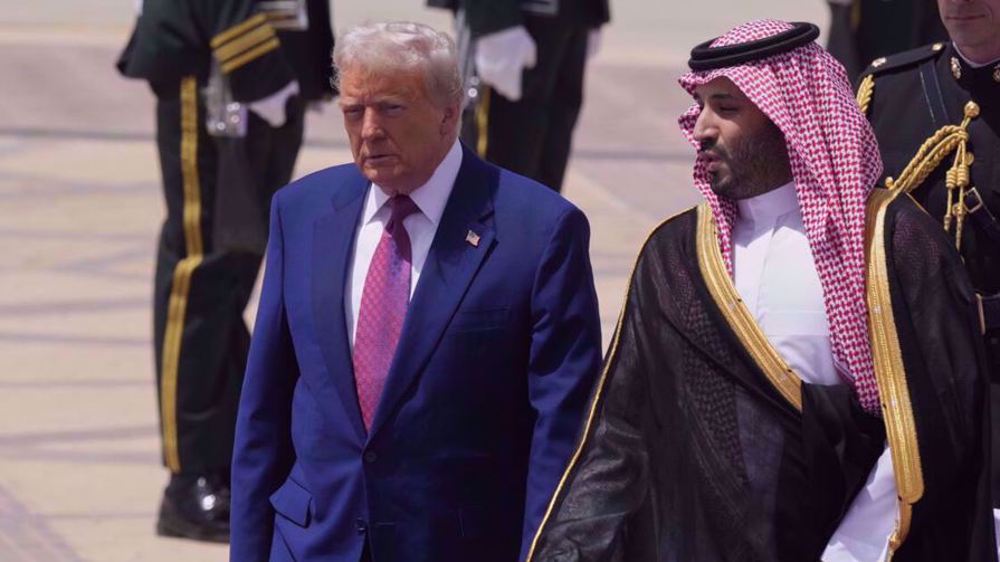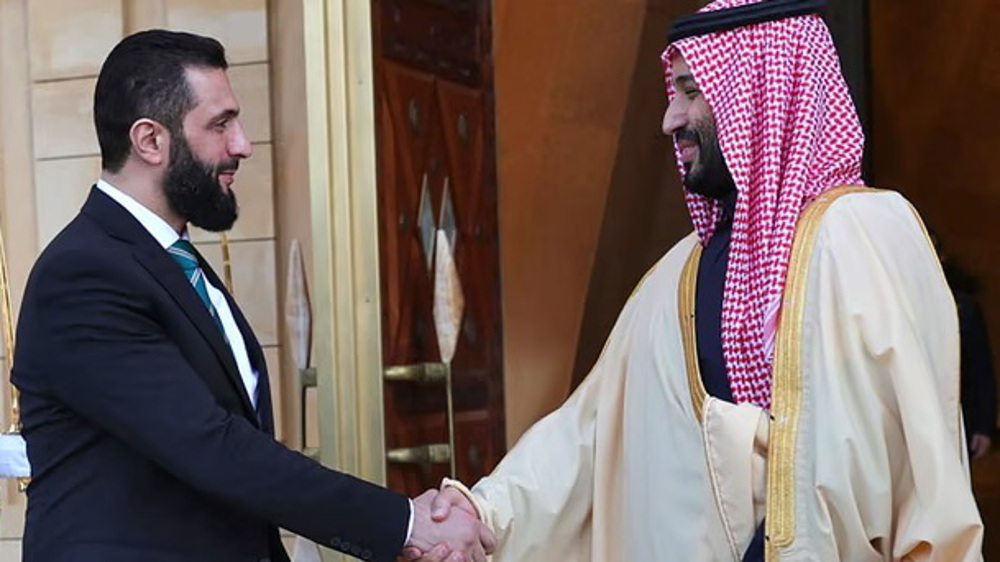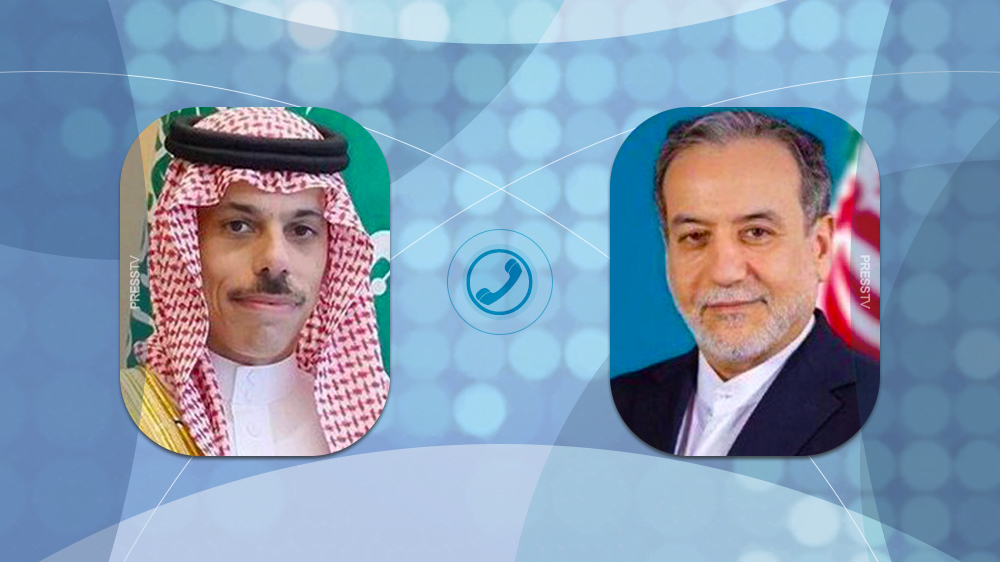Appointing Saudi Arabia in rights capacity grotesque: Watchdog
Saudi Arabia was slammed earlier this month by Human Rights Watch (HRW) for its repression of pro-reform activists and dissidents, violation of foreign workers' rights, and systematic discrimination against women and religious minorities. The kingdom has been consistently ranking among the “worst of the worst” with regard to political and civil rights situation and yet the Al Saud regime is re-appointed as the head of a key panel in the United Nations Human Rights Council (UNHRC).
“The government severely restricted freedoms of expression, association and assembly, and cracked down on dissent, arresting and imprisoning critics, including human rights defenders. Many received unfair trials before courts that failed to respect due process, including a special anti-terrorism court that handed down death sentences,” read Amnesty International's latest annual report on the state of human rights in Saudi Arabia in 2014/15.
Saudi Arabia, according to the rights group, remains one of the most prolific executioners in the world, with at least 2,208 people executed in the country between January 1985 and June 2015.
A HRW report on September 3 warned that under Saudi Arabia’s newly-appointed ruler, King Salman bin Abdulaziz Al Saud, 119 people, including convicts for nonviolent drug offenses, were executed, showing a significant increase when compared to 88 recorded in 2014.
Against a background of “extensive use of the death penalty”, “public executions” and a host of other human rights violations, Faisal bin Hassan Trad, Saudi Arabia’s permanent representative to the United Nations Office at Geneva, was appointed in June as the head of the five-member Consultative Group, a significant UNHRC panel. His election, however, remained unreported until September 20, when UN Watch, a Geneva-based non-governmental organization, reported his re-appointment, citing a UN document dated September 17.

The Consultative Group, which has Greece, Algeria, Chile and Lithuania as its other members, is tasked with choosing officials for 77 positions to address country-specific and thematic human rights cases across the world.
The appointment has prompted massive international outcry with some rights-affiliated voices calling it as “grotesque”, “outrageous”, and “scandalous”.
"This appointment is grotesque," said Alexandra El Khazen, the head of the Middle East and North Africa desk of Paris-based Reporters Without Borders (RSF), adding, “It is outrageous that the UN is allowing Saudi Arabia, one of the world's biggest human rights violators, to chair this panel.”
According to the RSF, Saudi Arabia’s “human rights record is disastrous” and the kingdom ranks 164 out of 180 countries in the RSF Press Freedom Index.
“The appointment only came to light today. It has enraged human rights defenders and international human rights organizations worldwide,” the watchdog said in a statement.
Hillel C. Neuer, the executive director of UN Watch, said on Sunday that the appointment will undermine the legitimacy of the council, noting that the Riyadh regime has “the worst record in the world when it comes to religious freedom and women’s rights.”

“It is scandalous that the UN chose a country that has beheaded more people this year than ISIS (Daesh) to be head of a key human rights panel. Petro-dollars and politics have trumped human rights,” the activist said.
Describing the human rights situations in Saudi Arabia, Amnesty International wrote, “Faced with rising calls for political reform, Saudi Arabian authorities have responded with repressive measures against those suspected of taking part in or supporting protests or expressing views critical of the state. Protesters have been held without charge and incommunicado for days or weeks at a time, and some are reported to have been tortured and otherwise ill-treated.”
“Other human rights concerns include the death penalty, with more than 2,000 people executed between 1985 and 2013; the arrest, imprisonment and harassment of large members of the Shia Muslim community and other minority groups; long-standing exploitation and abuse of migrant workers by private and state employers; and continued discrimination against women in law and practice,” the rights group added.
On the situation of human rights and freedom of speech in the kingdom, Human Rights Watch also wrote, “Saudi Arabia has pressed on with arbitrary arrests, trials, and convictions of peaceful dissidents, and forcibly dispersed peaceful demonstrations. Authorities continue to discriminate against Saudi women and girls and do not adequately protect the rights of migrant workers. The country’s anti-terrorism regulations can be used to criminalize almost any form of peaceful criticism of the authorities, and dozens of human rights defenders and others are serving long prison sentences for criticizing authorities or demanding political and human rights reforms.”
Spokesperson for the UN High Commissioner for Human Rights Cécile Pouilly (seen below) said in May that the body planned to introduce a project in Saudi Arabia “to raise awareness of human rights” in the kingdom.

“The goal of this project is to increase awareness and understanding of human rights and move forward to close existing gaps – in law and practice – with international norms and standards,” Pouilly stated.
VIDEO | Gaza bakery supports displaced families ahead of Ramadan Iftar
France blocks US ambassador from ministerial meetings after summons no-show
Around 20 govts. warn Israel secretly annexing West Bank
Iran pursuing broader cooperation with African nations: Pezeshkian
Israeli minister threatens to seize entire Gaza if Hamas refuses to disarm
VIDEO | Gaza teacher starts ‘Little Wings’ initiative to bring joy to kids
Spanish FM urges firmer EU stance on Gaza crisis, West Bank settlement expansion
Israel ‘serious obstacle’ to nuke-free West Asia: Iranian diplomat










 This makes it easy to access the Press TV website
This makes it easy to access the Press TV website